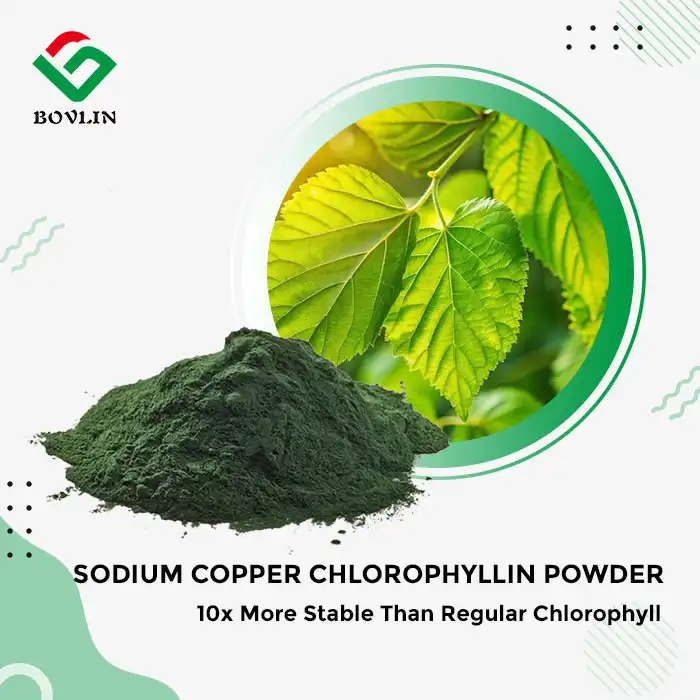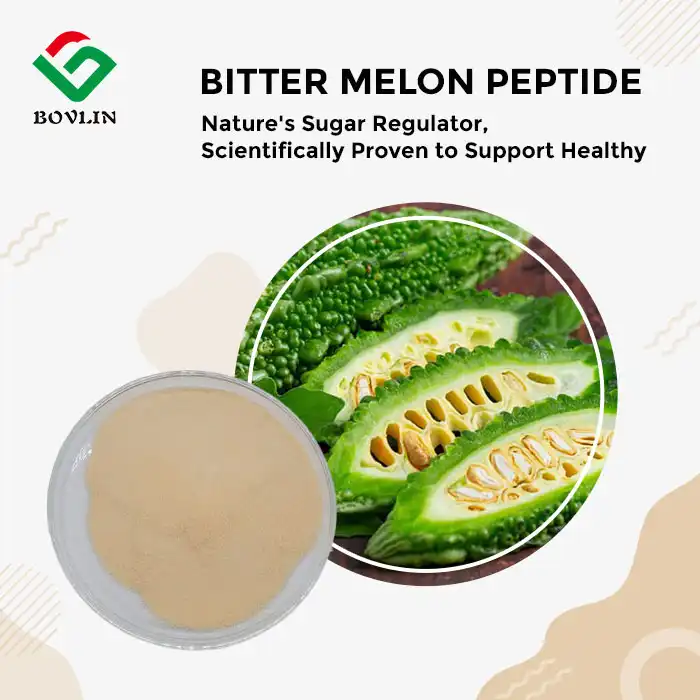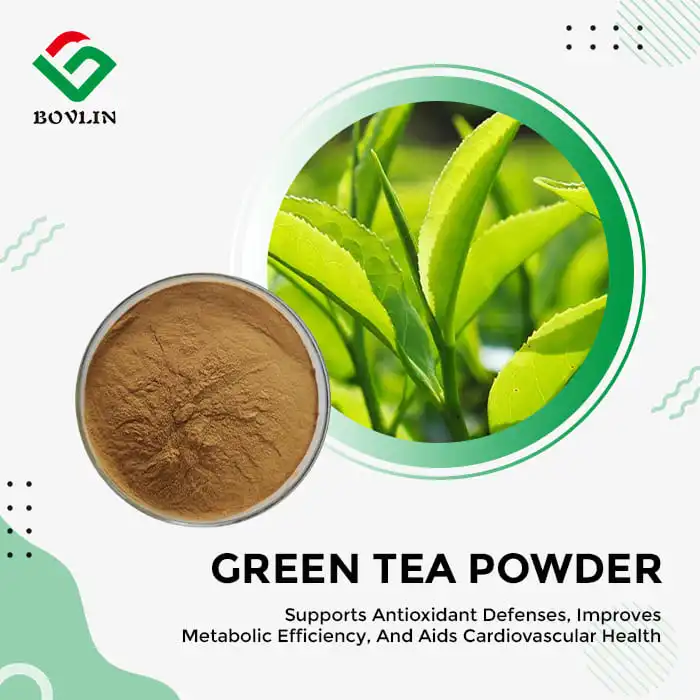How Do Soybean Peptides Function in the Human Body?
Absorption and Bioavailability
Soybean peptides are readily absorbed by the human body due to their small molecular size. Unlike intact proteins, these peptides can be easily transported across the intestinal barrier and into the bloodstream. This enhanced bioavailability allows soybean peptides to exert their beneficial effects more efficiently throughout the body. The absorption process begins in the small intestine, where specialized transporters facilitate the uptake of these peptides into the circulatory system.
Interaction with Cellular Receptors
Once in the bloodstream, soybean peptides interact with various cellular receptors, triggering diverse physiological responses. These interactions can modulate gene expression, enzyme activity, and signaling pathways, leading to numerous health benefits. For instance, certain soybean peptides have been shown to bind to angiotensin-converting enzyme (ACE) receptors, potentially contributing to blood pressure regulation. Additionally, some peptides may interact with receptors involved in lipid metabolism, influencing cholesterol levels and fat storage.
Antioxidant and Anti-inflammatory Actions
Soybean peptides exhibit potent antioxidant and anti-inflammatory properties within the body. These bioactive compounds can neutralize harmful free radicals, reducing oxidative stress and cellular damage. By scavenging reactive oxygen species, soybean peptides help protect various tissues and organs from oxidative injury. Moreover, they modulate inflammatory pathways, potentially alleviating chronic inflammation associated with numerous health conditions. This dual action of antioxidant and anti-inflammatory effects contributes significantly to the overall health-promoting properties of soybean peptides.
Key Health Benefits of Soybean-Derived Peptides
Cardiovascular Health Support
Soybean peptides have demonstrated remarkable potential in supporting cardiovascular health. Studies have shown that these bioactive compounds can help lower blood pressure by inhibiting the activity of angiotensin-converting enzyme (ACE), a key regulator of blood pressure. By reducing ACE activity, soybean peptides may promote vasodilation and improve blood flow. Furthermore, certain soybean peptides have been found to possess cholesterol-lowering properties, potentially reducing the risk of atherosclerosis and other cardiovascular diseases. The combination of these effects makes soybean peptides a promising natural approach to maintaining heart health.
Weight Management and Metabolic Benefits
Soybean peptides offer significant advantages in weight management and metabolic regulation. Research has indicated that these peptides can influence lipid metabolism, potentially reducing fat accumulation and promoting fat breakdown. Some studies have suggested that soybean peptides may enhance satiety, helping to control appetite and reduce overall calorie intake. Additionally, certain soybean-derived peptides have shown promise in improving insulin sensitivity and glucose metabolism, which could be beneficial for individuals with metabolic disorders or those at risk of developing type 2 diabetes. These metabolic effects make soybean peptides an attractive ingredient for functional foods and supplements targeting weight management and metabolic health.
Immune System Modulation
Emerging evidence suggests that soybean peptides may play a role in modulating the immune system. These bioactive compounds have been shown to influence various aspects of immune function, including the production of cytokines and the activity of immune cells. Some studies have reported that soybean peptides can enhance the proliferation and activity of natural killer cells, which are crucial components of the innate immune system. Furthermore, certain peptides derived from soybeans have demonstrated anti-allergic properties, potentially reducing the risk of allergic reactions and inflammatory responses. This immunomodulatory effect of soybean peptides opens up possibilities for their use in products aimed at supporting overall immune health and reducing the risk of immune-related disorders.

Comparison with Other Plant-Based Bioactive Peptides
Nutritional Profile and Amino Acid Composition
Soybean peptides stand out among plant-based bioactive peptides due to their exceptional nutritional profile and amino acid composition. Compared to peptides derived from other plant sources such as rice, pea, or wheat, soybean peptides offer a more complete amino acid profile, closely resembling that of animal proteins. This balanced amino acid composition makes soybean peptides particularly valuable for applications requiring high-quality protein sources. The presence of all essential amino acids in soybean peptides contributes to their superior nutritional value and potential health benefits. Additionally, soybean peptides often contain higher concentrations of specific bioactive sequences known for their functional properties, setting them apart from other plant-based peptides.
Bioavailability and Absorption Efficiency
When comparing the bioavailability and absorption efficiency of different plant-based peptides, soybean peptides, often available as soy peptide powder, demonstrate notable advantages. The enzymatic hydrolysis process used to produce soybean peptides results in smaller molecular sizes, enhancing their absorption in the gastrointestinal tract. This improved bioavailability allows for more efficient utilization of the peptides' beneficial properties. In contrast, some other plant-based peptides may require additional processing or formulation techniques to achieve similar levels of bioavailability. The superior absorption characteristics of soybean peptides contribute to their effectiveness in various health-promoting applications, making them a preferred choice for many manufacturers in the functional food and nutraceutical industries.
Range of Functional Properties
Soybean peptides exhibit a broader range of functional properties compared to many other plant-based bioactive peptides. While peptides from sources like rice or pea may excel in specific areas, soybean peptides offer a more comprehensive set of benefits. These include antihypertensive, cholesterol-lowering, antioxidant, and anti-inflammatory properties, among others. The versatility of soybean peptides makes them suitable for a wide array of applications in the food and nutraceutical sectors. Furthermore, the extensive research conducted on soybean peptides has led to a better understanding of their mechanisms of action and potential health benefits, providing a stronger scientific foundation for their use in various products. This combination of diverse functional properties and well-established research makes soybean peptides a compelling choice for manufacturers seeking multifunctional bioactive ingredients.
Conclusion
Soybean peptides offer a multitude of benefits for human health, making them valuable ingredients in the food and nutraceutical industries. Their ability to support cardiovascular health, aid in weight management, and modulate immune function sets them apart from other plant-based bioactive compounds. The superior nutritional profile, enhanced bioavailability, and diverse functional properties of soybean peptides make them an excellent choice for manufacturers looking to develop innovative, health-promoting products. As research continues to uncover new potential applications, the importance of soybean peptides in promoting overall well-being is likely to grow, solidifying their position as key players in the functional food and nutraceutical markets.
Contact Us
Are you interested in incorporating high-quality soybean peptides into your products? Discover the potential of our premium soybean peptide powder and soy oligopeptides for your formulations. Contact Shaanxi Bolin Biotechnology Co., Ltd. today at sales1@bovlin.com to learn more about our innovative soybean peptide solutions and how they can enhance your product offerings.












